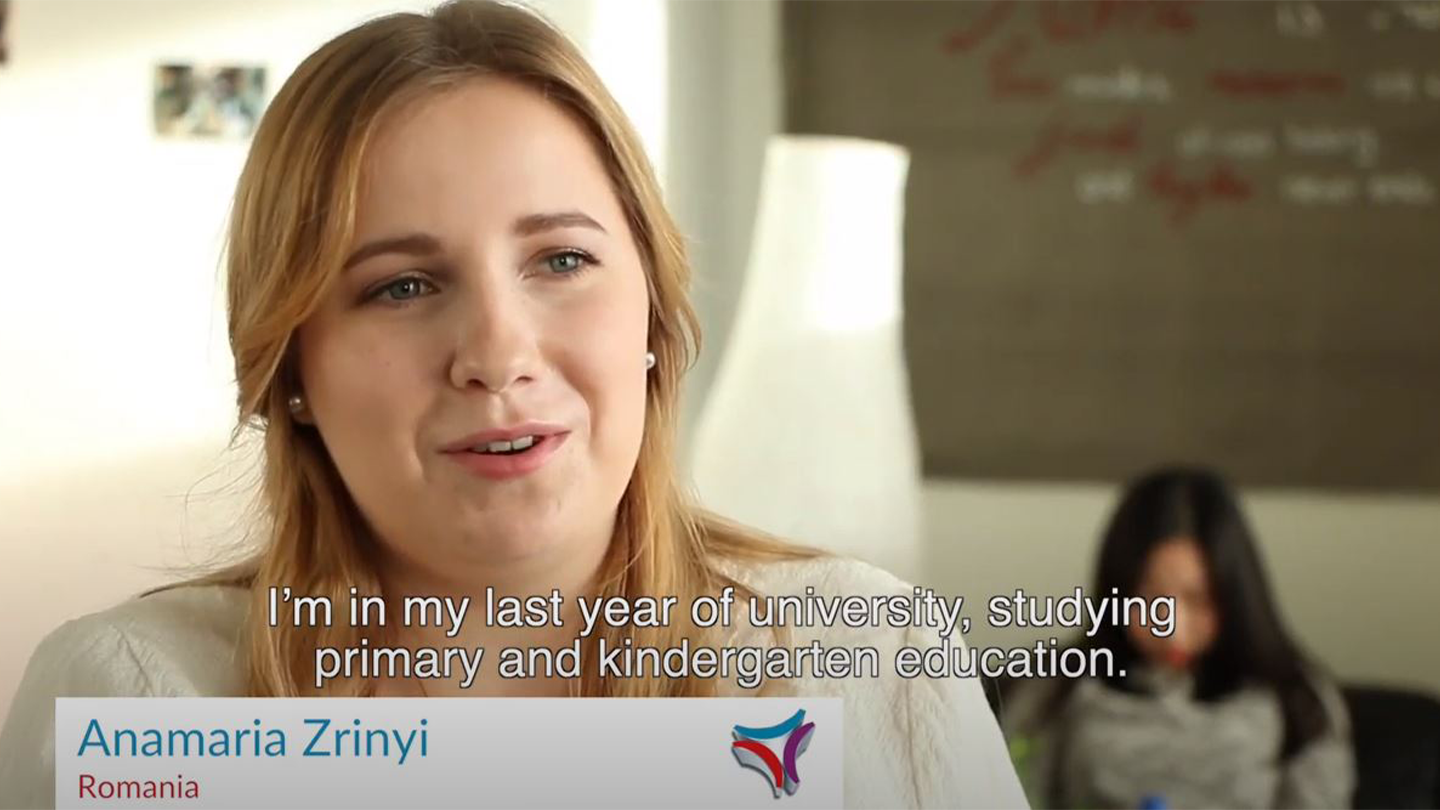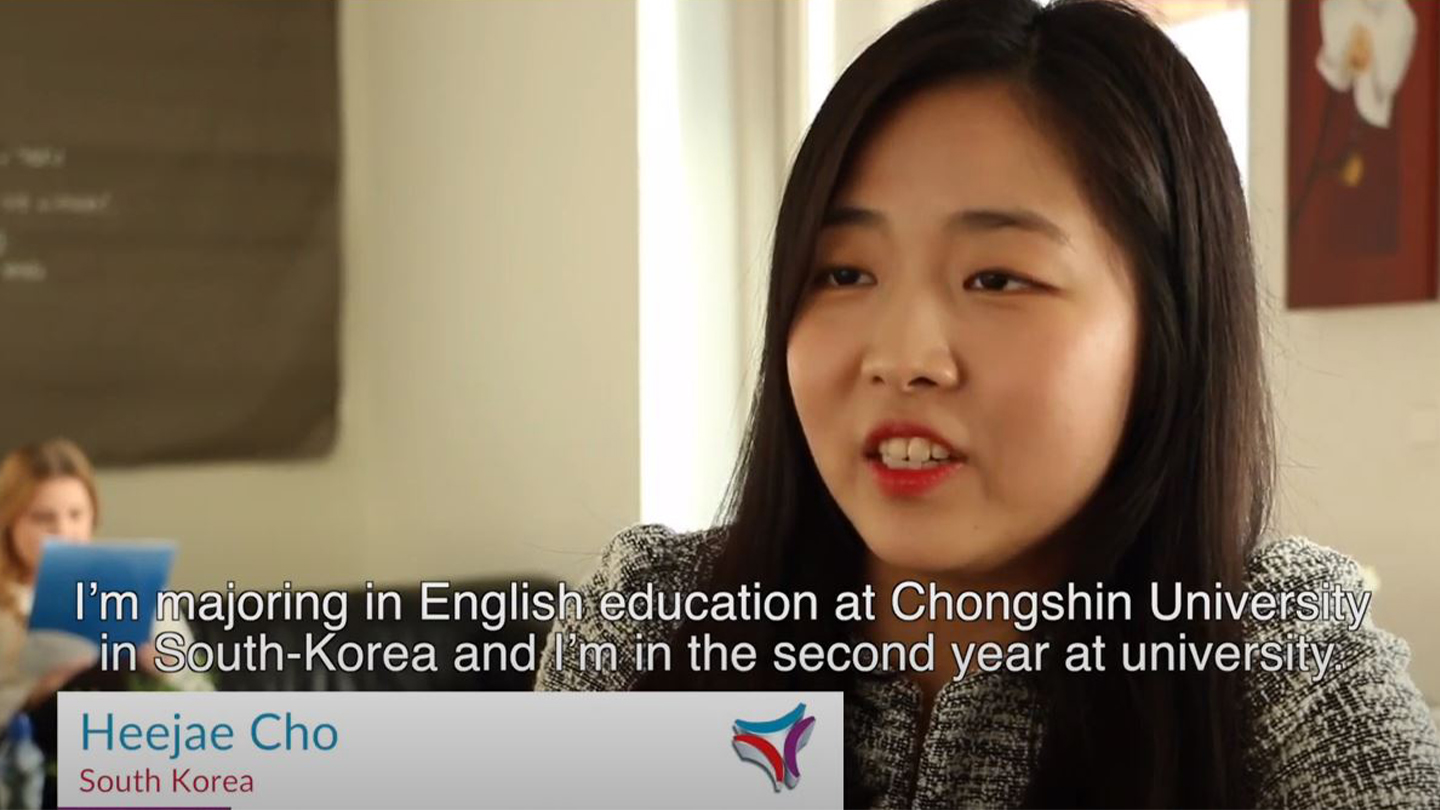
An old hand in the trade inspires confidence. Those who can, choose an experienced estate agent, butcher, carpenter, surgeon. Or a teacher. But does more experience automatically mean more expertise, better results? It is not that simple.
Building expertise
A great deal of empirical research has been carried out into the development of expertise in all kinds of fields. Many hours are needed (ten thousand are often mentioned) to reach a high level. Hours of focused practice. Targeted, because it must be about improving what is not yet optimal. Doing more of the same only helps to a limited extent; feedback, perfecting routines, trying out new ways of doing things and reflecting on them make all the difference. Expertise as a teacher is not created by doing the same thing for 39 years after the first year of teaching.
Three phases
Fortunately, the average picture of the development of teacher expertise that emerges from research is partly more positive. Most teachers learn a lot in the first few years of their career, as can be seen from the learning results of their pupils. However, the tendency is for the level of expertise to level off after a few years and to decline in the last 10 to 15 years of the career. So there are three phases, and apparently more experience does not automatically mean more expertise. The growth, flattening and decline is, of course, an average that can be different for individuals. More professions also display such a picture. But a graph like the one below gives food for thought (Klassen & Chiu, 2010):

Suggestions
May I make a few suggestions?
As a teacher or tutor: It helps to learn and try out some new things every year. Read a few (recent) books about your subject and teaching, make some new lesson series and just throw old ones away. You'll stay fresh yourself, thrive a little longer, and (not unimportantly) your students will benefit.
As a manager: Give a novice teacher the years and conditions necessary to grow in expertise. Actively promote continuing development in the following phases. This is not the same as being dissatisfied and invoking lifelong learning as a threat. Participate in professionalisation yourself. This is known to have a significant effect. And finally: Bear in mind that the 'ten thousand hours' rule also applies for leadership, in which a body of knowledge must be acquired, attitudes and skills practised, and character formed.
Reading more
For those who want to read more, here is some literature:
- Berliner, D.C. (2004). Describing the behaviour and documenting the accomplishments of expert teachers. Bulletin of Science, Teaching & Society, 24(3), 200-212.
- Gladwell, M. (2009). Outliers. The story of success. London: Penguin Books
- Klassen, R.M., Chui, M.M. (2010). Effects on Teachers' Self-Efficacy and Job Satisfaction: Teacher Gender, Years of Experience, and Job Stress. Journal of Educational Psychology, 102(3), 741-756.
- Ericsson, K.A., Prietula, M.J., Cokely, E.T. (2007). The Making of an Expert. Harvard Business Review, 85(7-8), 114-121.



